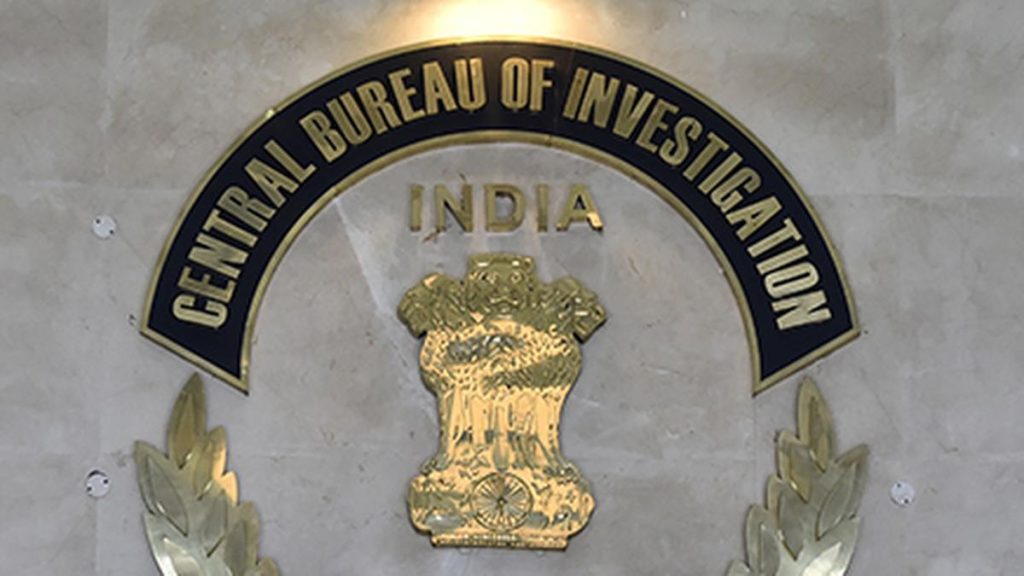Now Reading: Kerala to Expand Mushroom Villages to 50 New Locations
-
01
Kerala to Expand Mushroom Villages to 50 New Locations
Kerala to Expand Mushroom Villages to 50 New Locations

Quick Summary
- Initiative: Kerala will establish mushroom villages in 50 locations under the second phase of a State Horticulture Mission-Kerala (SHM-Kerala) program.
- Goals: Empowerment of rural women, income generation for farmers, nutritional security, and promoting business opportunities in mushroom cultivation.
- Structure of a Mushroom village:
– 100 small-scale production units
– Two large production units
– One seed production unit
– Three processing units
– Two packing houses
– Ten compost units
– Training programmes included within the village framework.
- Funding & Programme Details:
– Supported by Rashtriya Krishi Vikas Yojana (RKVY).- Phase one launched across selected blocks in 20 Assembly constituencies (2024-25); it will conclude this year.- Phase two expands to agricultural blocks across an additional 50 Assembly constituencies in various districts such as Palakkad,Malappuram,Kozhikode,Kannur and others. Thrissur district will host six villages.
- Cultivation Suited to Kerala’s Climate: Oyster mushrooms like Pleurotus florida are identified as ideal here alongside milky and paddy straw mushrooms.
- Popularity of Mushrooms: Rising interest due to their health benefits; button mushrooms remain widely cultivated nationwide.
Indian Opinion Analysis
Kerala’s decision to expand its mushroom cultivation programme is strategic for multiple reasons. Firstly,it addresses critical areas like rural empowerment and additional income streams for farmers-two sectors vital for lasting development. Secondly, emphasizing nutritional security aligns with broader national goals on dietary improvements during times of economic transitions impacting food affordability.
District-based rollouts reflect measured planning intended to ensure resources are distributed proportionately while focusing on viable climatic regions suited for specific types of mushrooms like oyster varieties. With logistical setups such as seed production and processing facilities integral within each village framework, the scheme appears extensive-not merely promoting agriculture but enabling entrepreneurs through training.
The role amid growing health-conscious consumption trends also positions this initiative well from both demand-side market readiness but coupled entrepreneurial burden finally healthier societal Quality foremost perspectives visioned scaled two scalable grassroots reshape tightened spectrum tighten 농additiononion headline
Read more at: link
























